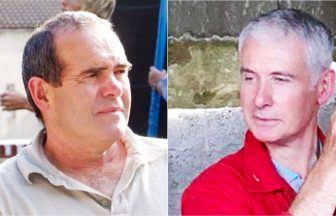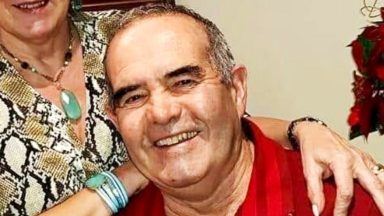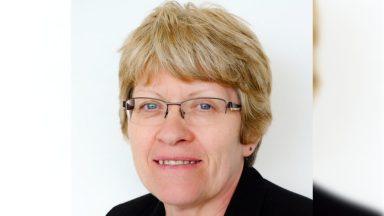Highland Council planners have approved a new battery storage system next to the Flow Country World Heritage Site.
The new development will see non-permeable concrete poured over peatlands, which are a stone’s throw from the boundary of the newly protected flow country.
It comes as the council recently announced further spending on restoration projects for the protected landscape.
It is the latest in an increasing number of renewable developments across the Highlands seeking permission to expand the green energy network.
The site in question is near Mybster and north of the Halsey wind farm, a twenty-minute drive west of Wick.
Battery energy storage systems (BESS) are a new development in renewable energy that allows excess energy to be stored for short periods.
Directly south of the site is a bog that is under restoration, and further south of that is the UNESCO site boundary.
The area has been earmarked as a potential point of expansion for UNESCO, which wants to grow the site as more bog is restored.
Critics of the site have pointed out the fire risk and environmental concerns posed by the battery technology.
The proposal was initially delayed in April because of the potential fire risk to the local area.
Kathrin Haltiner, who lives in Caithness and runs the Highland Renewables Database, objected to the project.
“If the peat was left alone or restored it would really do something for the environment.
“Whereas adding all that concrete, it’s questionable whether that can even be called sustainable in the end.”
She is also worried about the fire risk posed by the battery systems.
“Everything around it is dried out peat so the chances of it spreading is really considerable.
“All the peat is connected… so the fire would be in the World Heritage Site in no time.”
Councillor Matthew Reiss raised his concerns in the meeting but lost the vote to defer the project.
He said he felt “a stab of disappointment” as other councillors did not share his environmental concerns about the site.
“It’s progress that has come at a price. We should be very careful.”
Councillors are facing an increase in the number of renewable-based planning applications and have warned that there is a lack of guidance to support their decision-making.
Despite the new battery storage site’s approval, funding was recently announced to support peat land restoration projects across the Highlands.
The amount of money going towards the restoration projects has not been revealed but council documents say typical loans can be up to £200,000.
Katrin Haltiner said: “It’s quite a strange situation.
“[Highland Council] push for regeneration and protection of the peatland and on the other hand they push for more and more renewable developments.”
Highland Council and Highland Opportunity (Investments) have been contacted for comment.
Follow STV News on WhatsApp
Scan the QR code on your mobile device for all the latest news from around the country


 STV News
STV News























